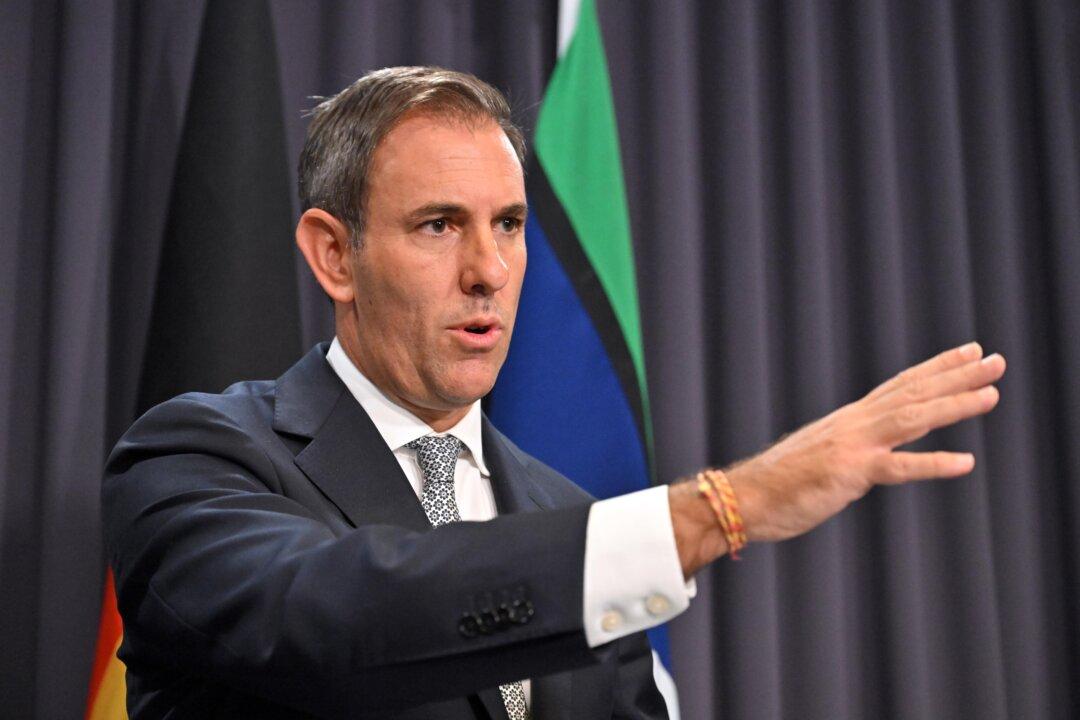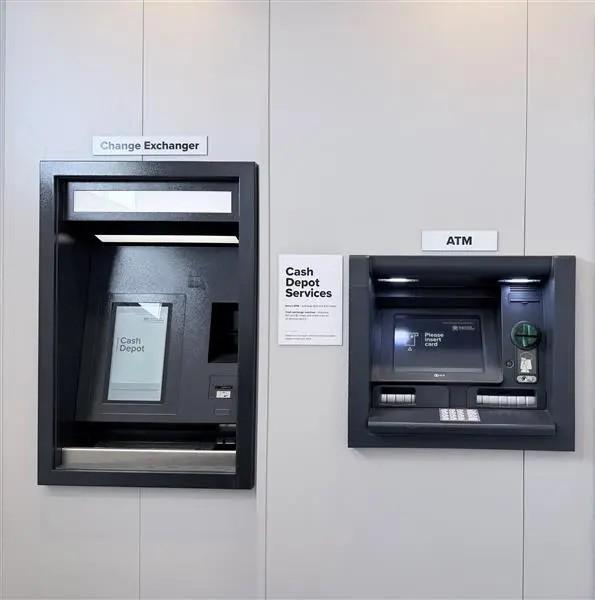The federal government has recommended that the minimum wage increase in line with annual inflation, which sits at 3.4 percent in the year to January.
While the decision will be made by the Fair Work Commission as part of its annual wage review, Treasurer Jim Chalmers said, “the [government’s] expectation is that the minimum wage will be lifted.”





